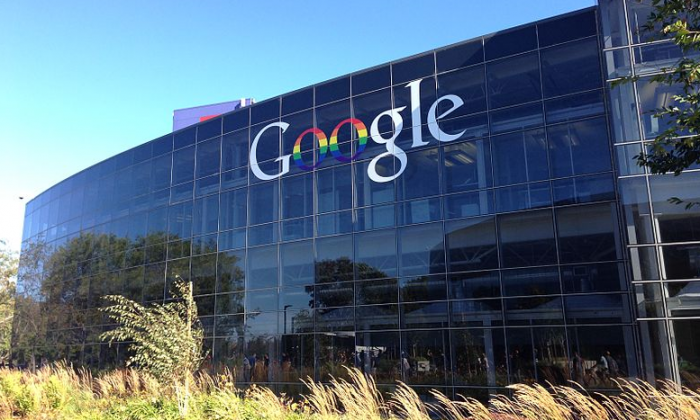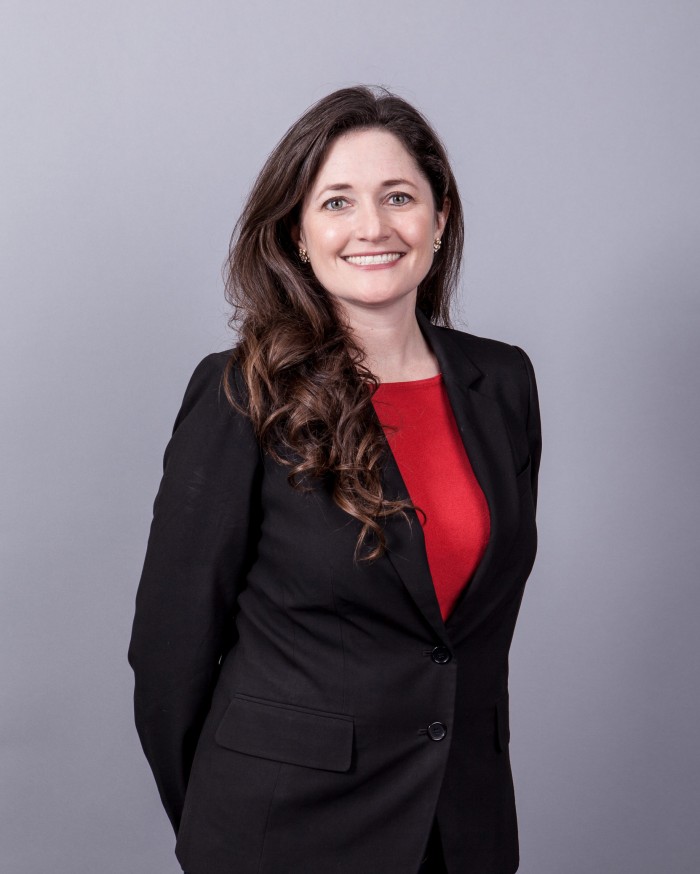Google’s Health Study Seeks 10,000 Volunteers to Give Up Their Medical Secrets

Google knows all about your habits and interests online. Now the search company’s health spinout, Verily, is asking 10,000 Americans for intimate knowledge of their bodies.
Verily today published a website that marks the launch of its founding idea, the Baseline Project, a multi-year study expected to cost more than $100 million that it says will search for clues to predicting heart disease and cancer.
Volunteers are being asked to submit to an unprecedented regimen of tests and physical monitoring. They’ll be asked to wear a heart-tracking watch that follows their pulse and movements in real time and will undergo a detailed workup of x-rays and heart scans, in addition to having their genomes deciphered and their blood tested in so-called liquid biopsies, which might be able to catch cancer early.
Each volunteer will be monitored for four years. As enrolling 10,000 people will take time, the full study could take a decade to complete.
“No one has done this kind of deep dive on so many individuals. This depth has never been attempted,” says Sanjiv Sam Gambhir, a physician researcher at Stanford University who is one of Baseline’s investigators. “It’s to enable generations to come to mine it, to ask questions, without presupposing what the questions are.”

Baseline was the initial project of Verily, formerly known as Google Life Sciences. But the effort, which was first announced in 2014, proved so complex that it took two and a half years to fully organize. The hope is to discover new biological predictors of disease, beyond the familiar ones like the relationship of glucose to diabetes.
“We need to continue to look for signals that may be actionable,” says Jessica Mega, Verily’s chief medical officer. “And we need to build out infrastructure to be able to do that. Those tools will be important for the health-care ecosystem. We are creating the infrastructure to deal with large health data sets.”
Mega declined to say how much the study will cost, but it’s likely to be extraordinarily expensive. Existing agreements involve payments of at least $41.5 million to Stanford and $33 million to Duke University, two of the sites that will be recruiting patients. Verily itself will carry out much of the molecular testing, including the sequencing of participants’ DNA.
The study calls for collecting volunteers’ stool, saliva, and even tears. An initial workup of scans and tests will last two full days for some participants. “We are not allowed to talk about the costs. But it’s one of the things that make this hard to so for anyone else to do, and why it hasn’t been done,” says Gambhir.
In addition to a watch, participants are given an electronic loop to place under their mattresses to record their sleep patterns. A router-sized device in a person’s home would then relay a record of their tossing and turning to Google’s servers. Joining the study also requires volunteers to give Verily access to their health records.
Experts say comprehensive data on so many people could be valuable but that real-time measurements on volunteers at home may prove hard to collect. “The question is why should people continue to give you data. You need a reason,” says Eric Hekler, a professor at Arizona State University who works with activity trackers. “People wear a wrist tracker for a few months, but even the burden of charging one will make them stop. There is a lot of hounding involved.”
Verily and Duke, which coördinates the study, declined to provide a copy of the consent form participants will sign, leaving it unclear what will be asked of them, exactly how their data might be used and protected, or how commercial conflicts of interest are described.
A separate consent form, used for volunteers expressing interest through the website, says the study will operate via a company called Baseline Study LLC, and that Verily may sell volunteers’ data—for instance, to drug companies for their own research—with names, addresses, and phone numbers removed.
“You will not share in any revenues or profits, or receive any financial compensation,” the document notes.
Doctors involved say data collected from volunteers will remain closely held by Verily for two years, but after that the study design calls for making it available to other researchers. Mega says the final terms of the data release have not been agreed upon.
Volunteers can sign up on the Web, but to participate fully they will need to live close to the study sites at Stanford in California, Duke in North Carolina, or a private clinic near Los Angeles, the California Health & Longevity Institute. That institute, a posh wellness center offering crackling fireplaces and gourmet food, was founded by Verily’s CEO, Andrew Conrad, and ran a preliminary study involving 200 patients.
That arrangement came under criticism for steering Google business to a company owned by one of its executives. Verily spokeswoman Carolyn Wang said that Conrad has since sold off his ownership in the center, but in the meantime some early employees went to work for Grail, a competitor developing liquid biopsy tests, which has its own long-term study of volunteers under way.
Baseline is a “longitudinal cohort study,” meaning it will track a large group of people for a period of years, amassing measurements that scientists can later mine to discover causes of disease. Other such studies include the Rotterdam Study in the Netherlands, the U.S. Million Veteran Program, and most famously, the Framingham Heart Study, which has followed residents of Framingham, Massachusetts, since 1948 and established the link between smoking and heart disease.
However, the Google study is different because it envisions such extensive molecular tests and attempts to get inside people’s lives, homes, and bedrooms to track them as they move and sleep.
According to Adrian Hernandez, a Baseline study leader at Duke, the 10,000 participants will include healthy people as well as those who, for genetic or other reasons, are at higher risk for heart disease and lung, breast, or ovarian cancer. “We expect several hundred to develop clinically significant heart disease or cancer. We’ll have people who have a heart attack, but we will also have people who develop risk factors,” says Hernandez. That could help reveal new ways to predict disease—say, from activity levels measured by the watch, or through combinations of genetic and physical measurements.
Although volunteers will be helping Verily and scientists study disease, they won’t learn much about themselves beyond what you'd get at any doctor's visit. Says Gambhir, “Anyone going into it asking, ‘How will it help me?”—that is the wrong question.”
Keep Reading
Most Popular
Large language models can do jaw-dropping things. But nobody knows exactly why.
And that's a problem. Figuring it out is one of the biggest scientific puzzles of our time and a crucial step towards controlling more powerful future models.
The problem with plug-in hybrids? Their drivers.
Plug-in hybrids are often sold as a transition to EVs, but new data from Europe shows we’re still underestimating the emissions they produce.
How scientists traced a mysterious covid case back to six toilets
When wastewater surveillance turns into a hunt for a single infected individual, the ethics get tricky.
Google DeepMind’s new generative model makes Super Mario–like games from scratch
Genie learns how to control games by watching hours and hours of video. It could help train next-gen robots too.
Stay connected
Get the latest updates from
MIT Technology Review
Discover special offers, top stories, upcoming events, and more.